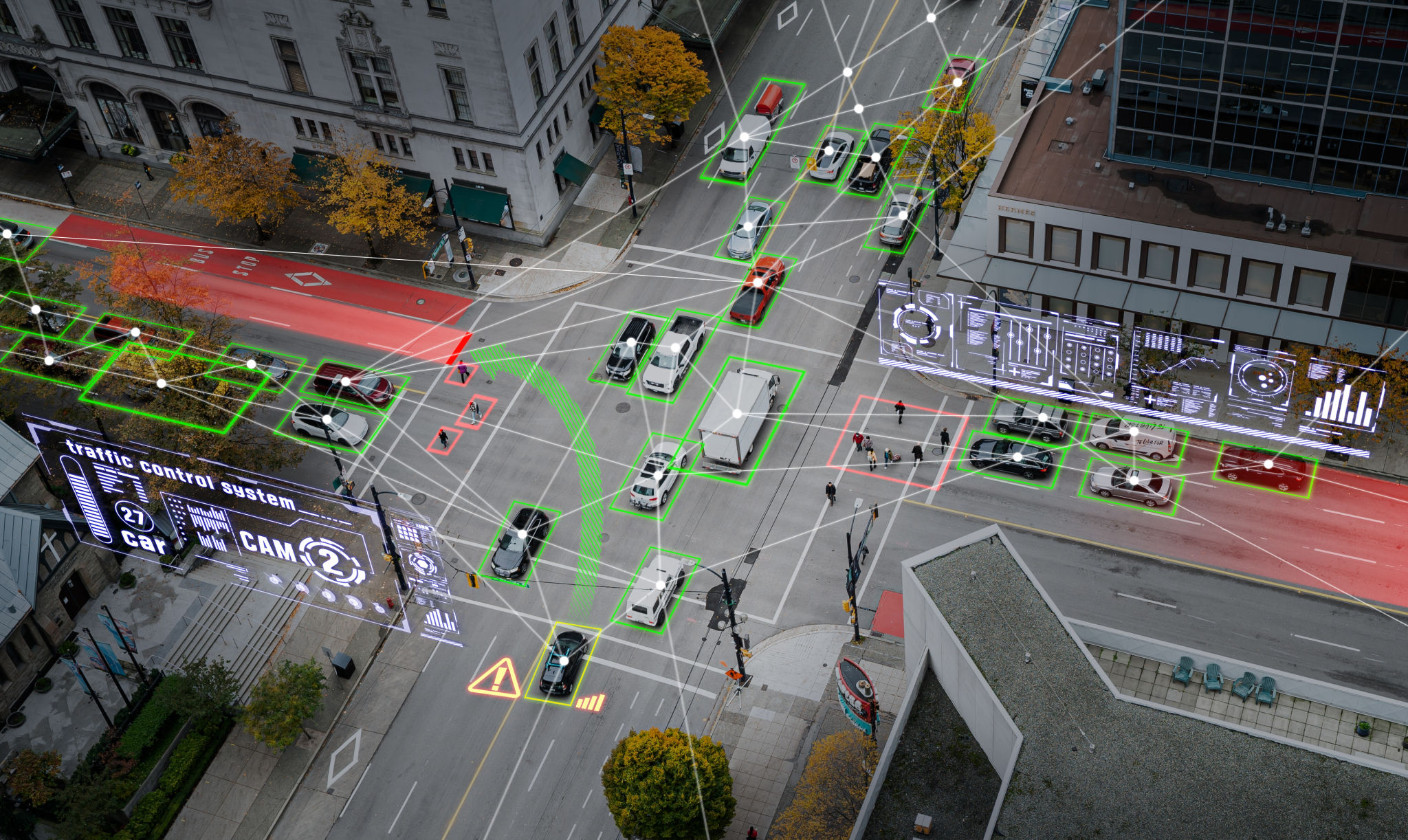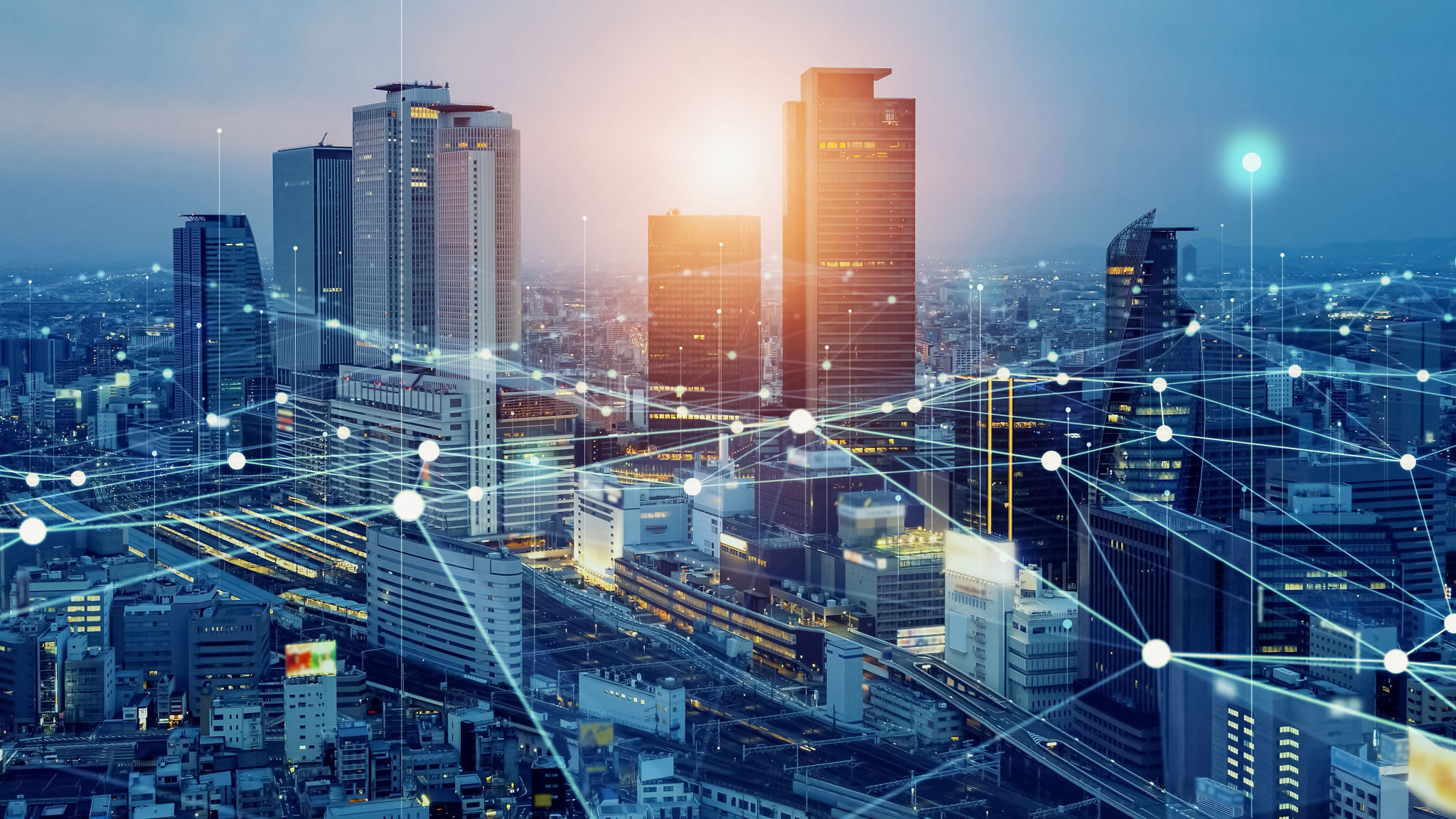Smart City Technologies: Building Sustainable and Resilient Urban Environments
Introduction to Smart City Technologies
As urban areas continue to expand, the concept of 'smart cities' is gaining traction as an effective solution to address the challenges of urbanization. Smart city technologies leverage cutting-edge innovations to create sustainable and resilient urban environments. These technologies integrate information and communication technology (ICT) into urban infrastructure, enhancing the quality of life for residents while promoting sustainability.

The Role of IoT in Urban Development
One of the cornerstones of smart city technologies is the Internet of Things (IoT). IoT connects various devices and sensors throughout the city, enabling real-time data collection and analysis. This connectivity allows for more efficient management of resources and services. For example, smart traffic systems can reduce congestion by adjusting traffic signals based on real-time vehicle flow, while smart waste management systems optimize collection routes to reduce fuel consumption and emissions.
Enhancing Public Safety
Smart cities also enhance public safety through IoT-enabled surveillance systems and emergency response management. By integrating data from multiple sources, these systems can quickly identify and respond to incidents, improving emergency response times and enhancing overall security. Additionally, smart lighting systems that adjust brightness based on pedestrian activity can deter crime and ensure safer streets at night.

Promoting Sustainability Through Energy Management
Sustainability is a critical component of smart city initiatives. Advanced energy management systems help cities reduce their carbon footprint and optimize energy consumption. Smart grids and renewable energy sources are integrated into urban infrastructure, allowing cities to efficiently manage energy supply and demand. Moreover, buildings equipped with smart energy systems can automate heating, cooling, and lighting to minimize energy usage.
Transportation Innovations
Transportation is another key area where smart city technologies make a significant impact. Intelligent transportation systems use data analytics to improve public transit efficiency and reduce environmental impact. Electric vehicles and charging stations are being incorporated into urban planning, promoting cleaner alternatives to traditional gasoline-powered vehicles.

Challenges and Opportunities
Despite the numerous benefits, implementing smart city technologies presents certain challenges. High initial costs, data privacy concerns, and the need for skilled personnel are notable hurdles. However, these challenges also provide opportunities for innovation and collaboration among governments, businesses, and communities. By investing in research and development, cities can overcome these obstacles and create an inclusive smart city ecosystem.
Community Engagement
Engaging residents in the development process is crucial for the success of smart city initiatives. By fostering a culture of participation, cities can ensure that technological solutions are tailored to meet the specific needs of their communities. Public workshops, feedback platforms, and collaborative projects can empower citizens to take an active role in shaping their urban environment.

The Future of Urban Living
The integration of smart city technologies is set to transform urban living fundamentally. As cities become more interconnected and efficient, they will be better equipped to handle challenges such as population growth, climate change, and resource scarcity. The ongoing evolution of these technologies promises a future where urban areas are not only places of economic activity but also hubs of innovation and sustainability.
In conclusion, smart city technologies offer a visionary approach to building sustainable and resilient urban environments. By harnessing the power of IoT, energy management, and community engagement, cities can achieve a harmonious balance between technological advancement and environmental stewardship.